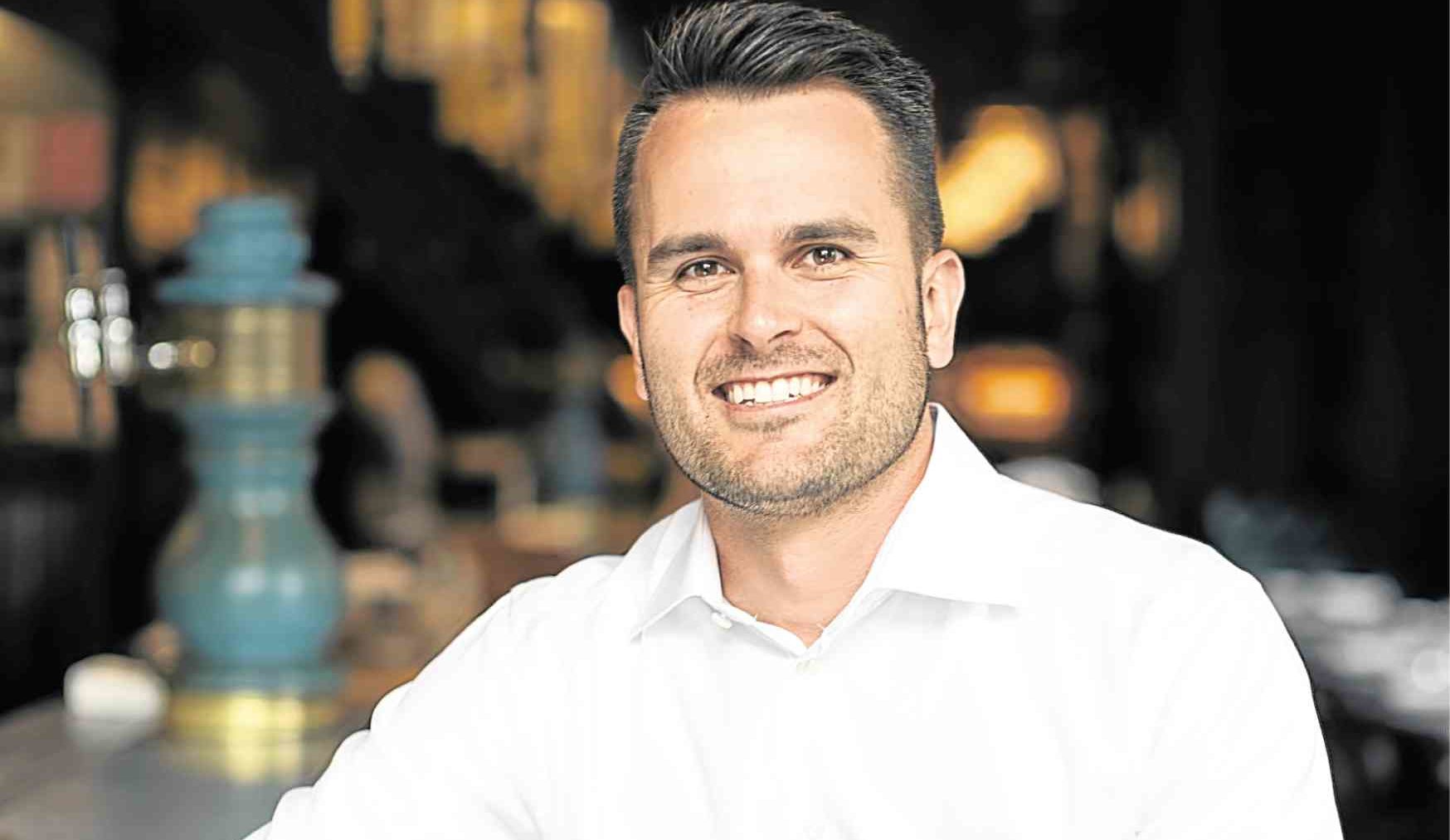Out with the old, in with the new
In the age of digitization, automation and acceleration, where today’s behemoths can quickly become tomorrow’s footnotes in corporate history books, the old ways of training and educating the workforce have become woefully inadequate.
According to David Blake, cofounder and executive chair of continuing education platform Degreed, classroom training and standardized e-learning have become outdated and yet have remained prevalent in the corporate scene here and abroad.
There is no point to buying generic learning content, he stressed, as almost everything one needs to know more about is available on YouTube, for free.
“What smart companies are doing now is focusing their efforts and money on developing company-specific learning content and curating the best outside resources for everything else,” Blake told the Inquirer in an interview during his recent visit to the country.
Companies intent on outliving and outperforming their competition are also investing in the total development of their people, not just focusing on the skills they can use to contribute to the company’s bottom line.
These days, when those with specific and highly prized skills can easily transfer from one company to another, it has become imperative to give them more reasons to stay loyal and happy.
“The best companies are developing their employees to help them meet their own personal goals. They are taking an approach that the best people want to be in a company that invests in them and their goals, instead of demanding the employee to do forced training that just checks boxes for the needs of the company,” said Blake.
This explains why Degreed has been rapidly adding clients to its list. In the six months ending March this year alone, it signed up nearly 50 new clients.
These include Unilever, Kia Motors, Prudential Financial and Hyatt Hotels, which believe in “jailbreaking” the degree, such that people will be free to enrich themselves in part through the learning materials curated through Degreed.
Degreed seeks to add more Filipino companies to the fold through its partnership with human resources development consultant Viventis Search Asia.
The urgent need to equip workers with the right skills to take on the challenges of the so-called “volatile, uncertain, complex and ambiguous” world cannot be underestimated.
According to a 2018 McKinesey Global Institute report on the retraining and reskilling of workers in the age of automation, “62 percent of executives believe that they will need to retrain or replace more than a quarter of their workforce between now and 2023 due to advancing automation and digitization.”
For Blake, this is due to the global shift from a goods economy to a service economy and now, a digital economy where the brain will be even more valuable than brawn.
“That has shifted what skills are worth how much. In a goods economy, there tends to be more low-skill, high-paying manufacturing jobs. But in the digital economy, most of the high paying jobs are also highly skilled,” Blake said.
He explained that the world has shifted from one where information and education used to be scarce and hard to access to one where information is abundant and education has become democratized.
That means that everyone has the answers at their fingertips, thus accelerating the rate of evolution and disruption in the corporate landscape.
One consequence is that the workforce has started to be affected by automation.
Artificial intelligence is affecting what we use technology for versus where human talent will still be needed.
“This means that the role of learning used to be learn, then apply. Feast then famine. You went to university or developed a skill early in your career then applied it for the rest of your career, mastering it along the way. Now, you have to be continuously learning if you are going to remain relevant in the modern workforce. The best companies are saying 5-10 hours per week should be spent learning,” he said.
To start on the road to continuous learning, Blake advised those who are still in university or just starting their career to develop the ability to learn on their own.
“University, that feast then famine, learn then apply model, was relevant for our parents, but it is no longer sufficient to prepare you for the world of work. While in university, you need to be learning how to be good at learning on your own. Sometimes, the university can actually get in the way because it conditions us to rely on others for our development,” he said.
“One of the best things a college student can do is to always have a project to work on—writing a blog or a book, working on an idea, etc. that prepares you for the skills that translate into the workforce,” he said.
“Be a good learner, rather than just a good student,” Blake added.
Companies, meanwhile, have to change their mind-set toward continuous learning so that training sessions will be looked forward to rather than considered a chore by the employees.
“The best companies have the best people and these are the lifelong learners who can think critically,” said Blake.

